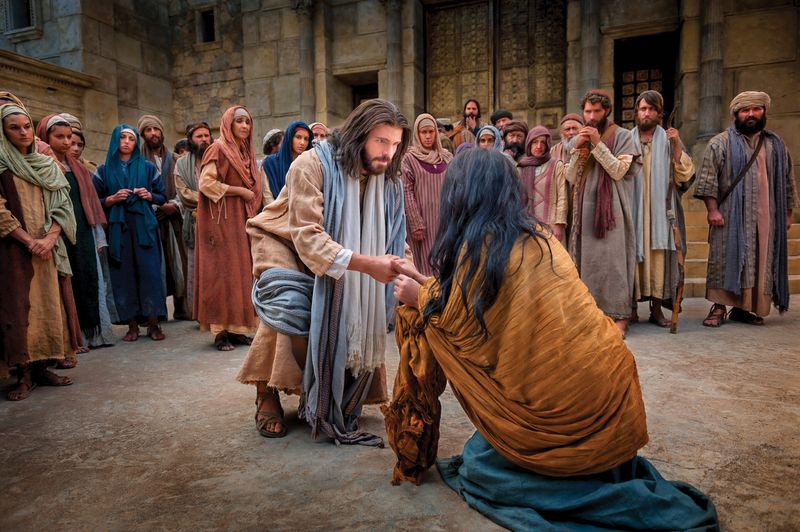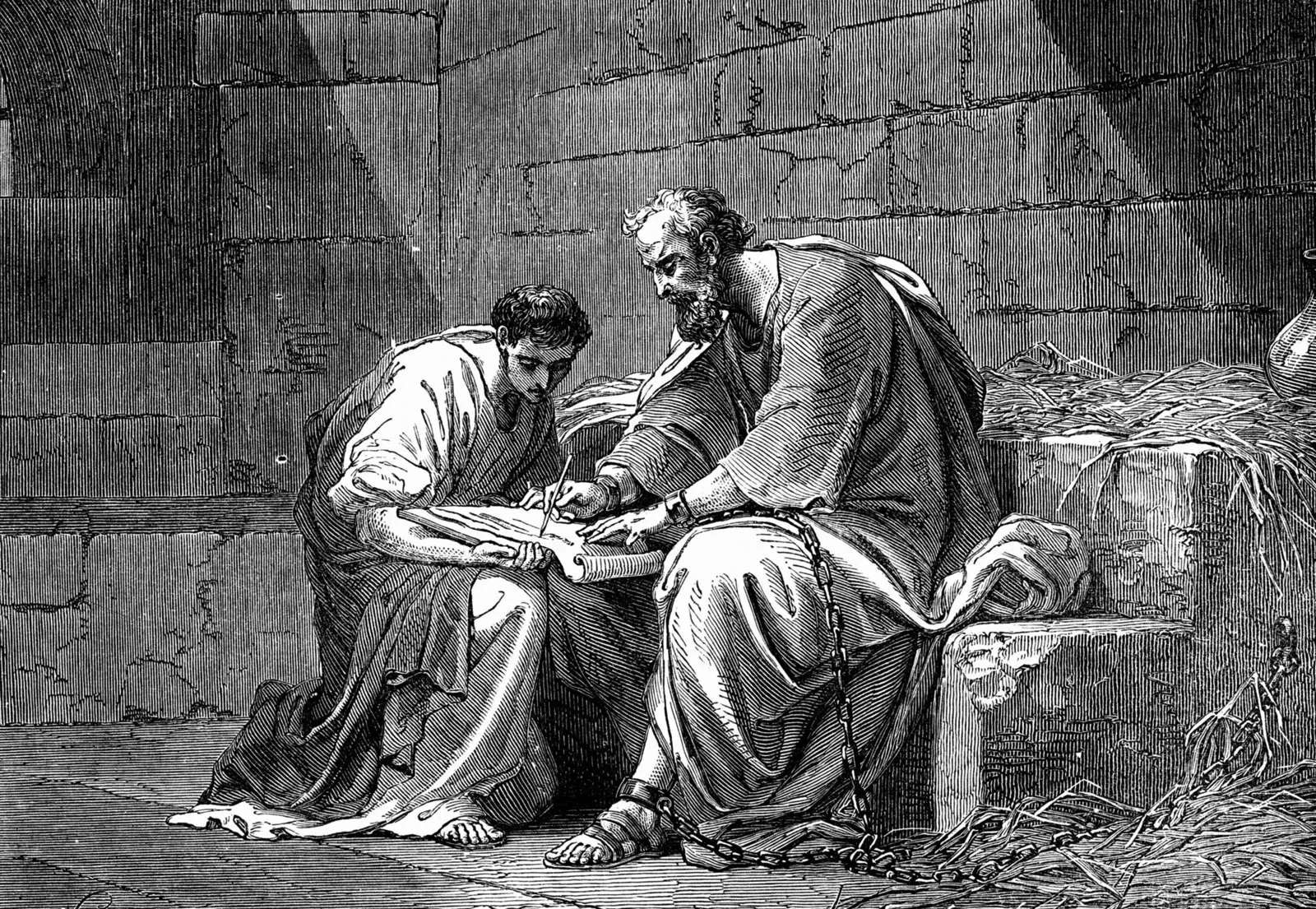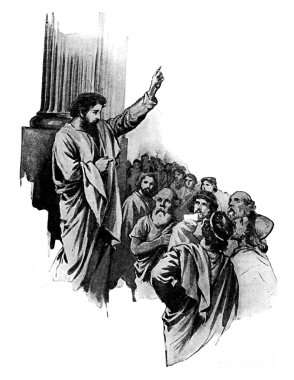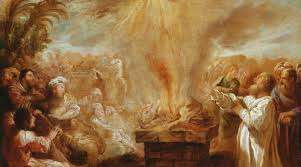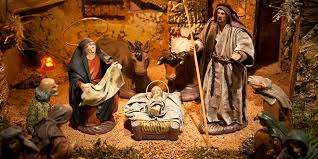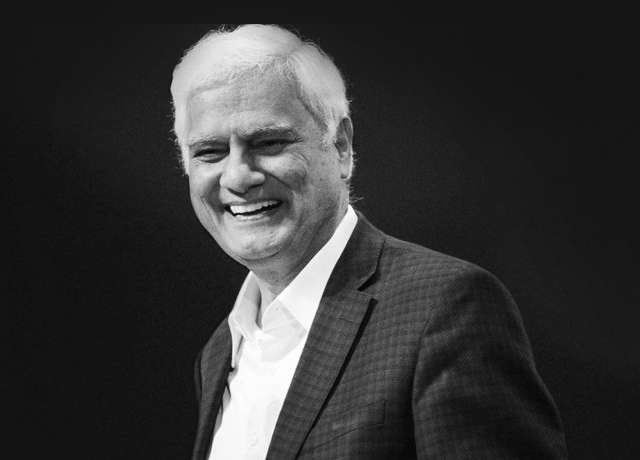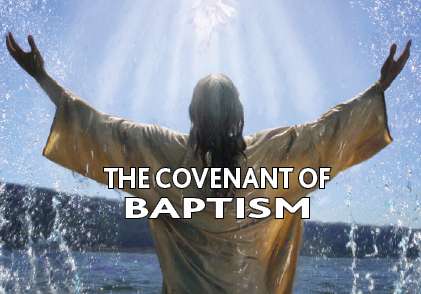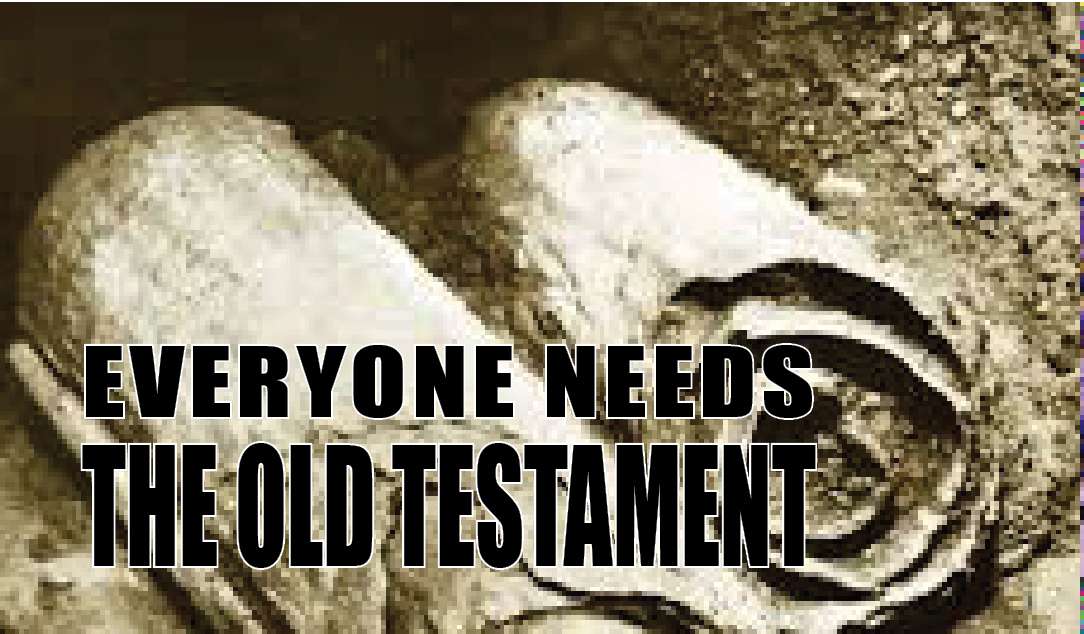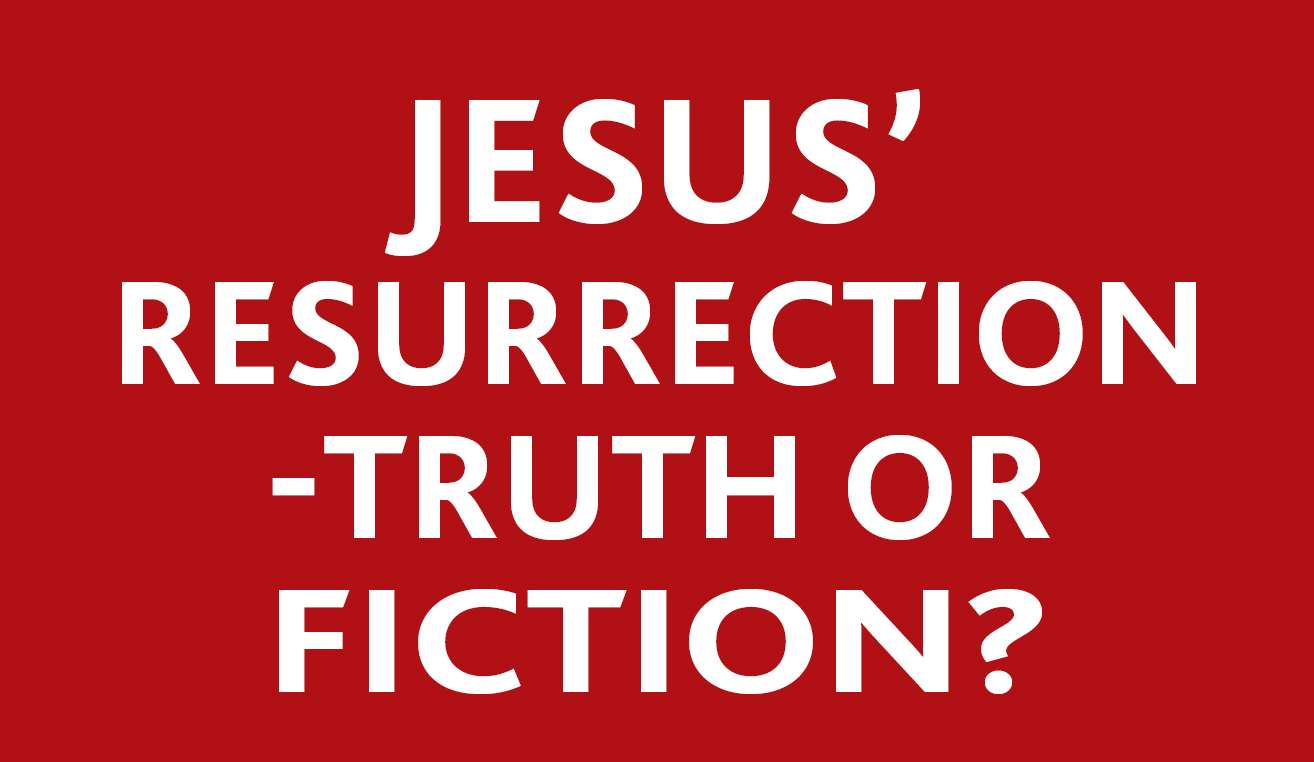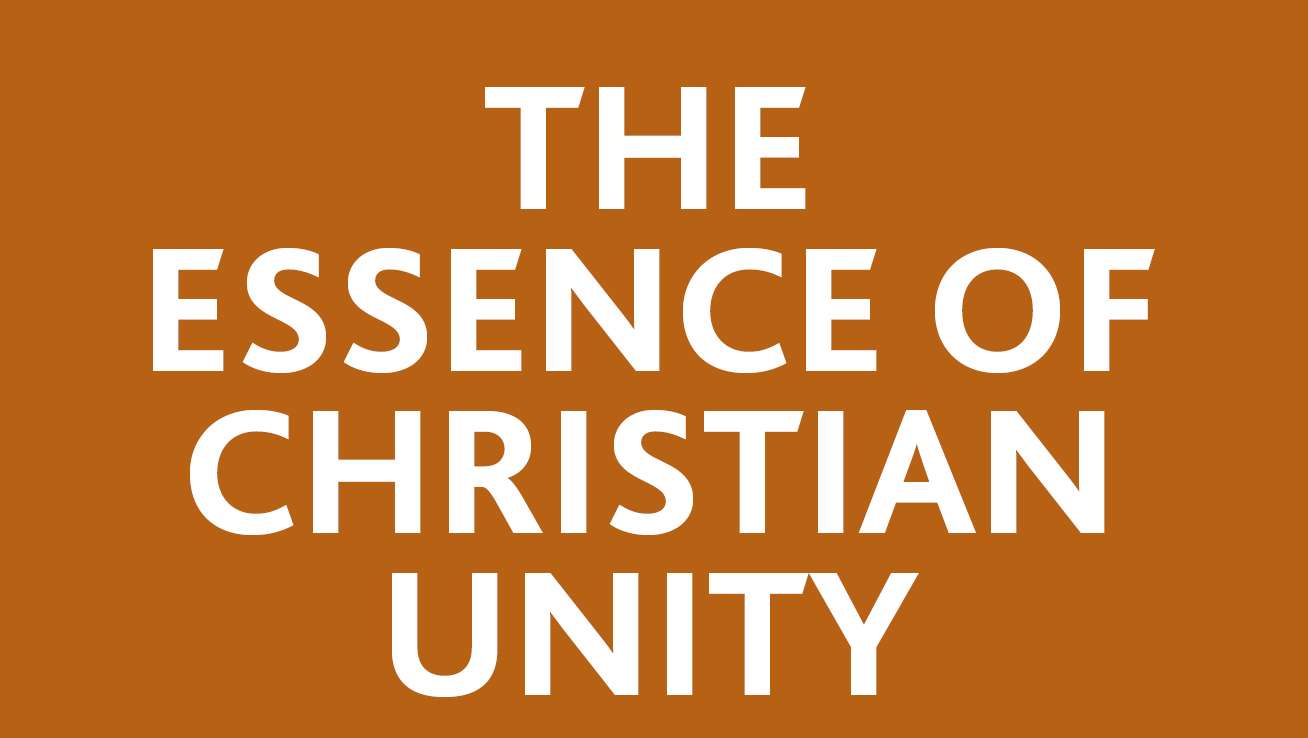

The Church: Organism or Organization?
Dr. Valson Abraham
There is a popular concept among some church people that as far as the church is concerned, “organism” is good and spiritual, but that “organization” is bad and unspiritual. I believe this is false.
Organization is necessary for any enterprise. As far as the church is concerned, the vital question is this: what is the spirit that controls the organization? Is that spirit the spirit of the world or is it the Spirit given to us by Jesus Christ?
Jesus Christ is the Architect, Builder and Head of the Church because He is the One anointed by the Father, the Son of the living God. Because of the church’s divine Authorship, not even all the forces of hell will prevail against the church (Matthew 16:16-18). Therefore, it is imperative that we, as church people, must make sure that we come fully under His divine and holy authority and fulfill His purposes. To do so brings His pleasure, blessing and joy, both for us and many others. To fall short in our divine mission as a church is to bring displeasure and humiliation from a holy God. We must get it right.
When He walked this earth, Jesus Christ harshly criticized the Jewish temple and sacrificial system, not because it was large, complicated and organized, but because it had forgotten the purpose for which God the Father established it in the first place. The sacrificial system was meant to prefigure the Lamb who would offer the perfect sacrifice for sin. The priests and religious leaders failed to see Him in their midst!
The temple and sacrificial system had come to exist only for its own sake. On the very day of Passover, God used the blindness of the priests to bring about Jesus’ perfect sacrifice on the cross and make the sacrificial system obsolete. In 70 AD, when the priests still didn’t get the point, God used the Romans to utterly destroy the temple and sacrificial system altogether. But it had died long before that. What God did to the temple and the Jewish sacrificial system should serve as a warning to all of us lest we become tempted to allow our church establishment to become the end rather than the means to the end.
What is the purpose of church organization in the plan of Christ? When Paul sent Titus to Crete to help repair its dysfunctional church organization, he concisely defined the vision of the church: “For the grace of God has appeared, bringing salvation to all men, instructing us to deny ungodliness and worldly desires and to live sensibly, righteously and godly in the present age, looking for the blessed hope and the appearing of the glory of our great God and Savior, Jesus Christ” (Titus 2:12-14).
Alwin J. Lindgren defines church organization in this way: “Church administration is the involvement of the church in the discovery of nature and mission … to utilize all her resources and persons in the fulfillment of her mission of making known God’s love for all men.” In the Bible, the Greek word for “church” is ekklesia, which refers to the assembly of God’s people whom He has called out of the world. It has the meaning of an actual gathering of people who relate to God, with one another and with those outside the church.
In the Bible, the “church” implies a need for vision, mission, values, goals, strategies and processes—in other words, a sense of how to get “there.” The healthy church involves people filled with the Holy Spirit, given to worship and prayer, daily fellowship with others of like mind, hungering after God, growing in grace and knowledge of Christ. In a healthy church, organization becomes a means to accomplish God’s purposes in the lives of men, women and children.
All organisms, including the human body, are really complex organizations. It is no accident that Paul refers to the church as the “body of Christ.” The early church was organized and led by Spirit-filled leaders responsible for assimilating a great variety of people to accomplish what God intended. What are the signs of a healthy organism within the organized church? The list below is not exhaustive, but offers some guidelines on how we can evaluate whether our own churches function in the way God intends for them to function:
A healthy church organism is one that:
• Joins together orthodoxy and truth with love.
• Has a spirit of ongoing repentance and encourages avenues to make this possible.
• Experiences the presence of God’s blessing and victory even in the midst of tribulation, poverty and persecution.
• Possesses a spirit of discernment, love of truth and rejection of the world’s standards.
• Helps to remove stumbling blocks to faith.
• Regularly overcomes the lies of the enemy and of the culture with the truth of God.
• Joins the truth of God with deeds of love, faith and service to those within the church and outside the church.
• Submits to Christ as the living Word, not just as a correct theological idea.
• Possesses a clear awareness that the church represents a new kingdom, a new race of men, created by the New Adam, Jesus Christ.
• Experiences the open doors of God to enlarged avenues of ministry and service.
• Possesses a deep sense of God’s holiness.
• Silences those who mock the gospel by lives governed by God’s love, grace and power.
• Serves as a pillar of strength through perseverance.
• Possesses a spirit of overcoming the spirit of the world that often seems so strong.
• Possesses the peace of God in the midst of the most troublesome circumstances.
• Bases their identity in Jesus Christ rather than in their group.
A healthy church organization will strongly reflect these characteristics in the people it chooses for leadership and administration.
In the Book of Revelation, our Lord commends the Church of Philadelphia as a model for other churches to adopt. Of the seven churches to whom John writes in obedience to the Lord’s command, Philadelphia is the only church that receives full commendation by Jesus Christ without criticism or condemnation. Other churches were larger and wealthier, but the Church of Philadelphia was the only one that ultimately prevailed.
The Church of Philadelphia must serve as our own model:
• Working together, its people sought works that were first of all, commendable to Christ.
• They expected commitment from their members and trained them for it.
• They refused to compromise the integrity of the word or their testimony of Christ for short-term gain.
• They were faithful to keep God’s commands and to endure patiently in times of trial and when God’s timetable didn’t match theirs.
• They sought for opportunities and open doors to advance God’s mission in their lives and the world around them.
• They refused to follow the crowd, expecting opposition and to be in the minority.
• They welcomed new faces and new believers.
• They trusted God’s provision for all things.
Any church that follows in the narrow way of the Church in Philadelphia will become an organism and an organization that glorifies God, advances the gospel and transforms peoples and nations in great and unexpected ways. May we and future generations see this wisdom in us.
* * * * * * *
Father God, I pray for revival in my heart and in my church that will bring full commendation from you. I pray that my church will advance your kingdom and the power of your gospel in new and exciting ways that glorify your great Name. Amen.

